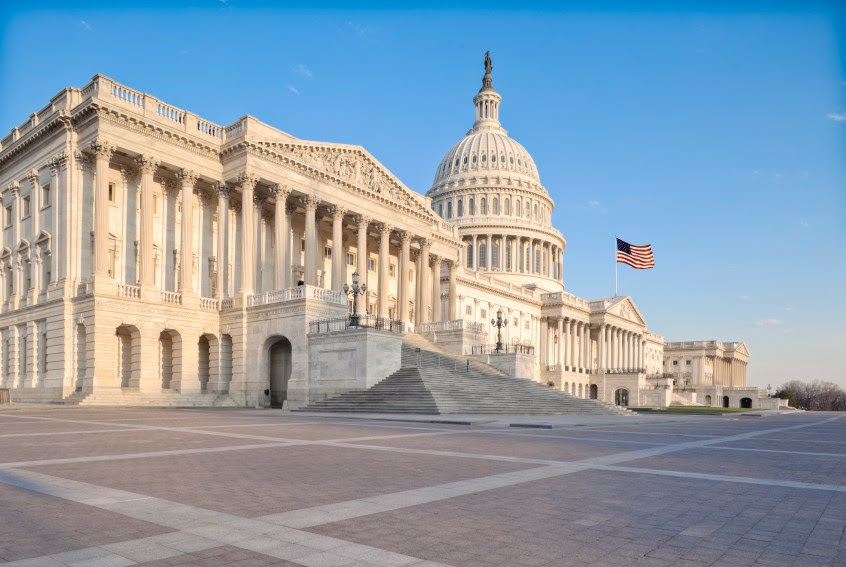
On September 14, by a margin of 211 to 198, the U.S. House of Representatives quietly voted to change the Johnson amendment in relation to churches. The Johnson Amendment prevents churches and other non-profits from endorsing political candidates or supporting political campaigns with their money. The change only applies to churches and their related entities. The change was embedded in the 2018 Financial Services and General Government Appropriations Bill, a massive spending bill. On page 21 it says:
“SEC. 116. None of the funds made available by this Act may be used by the Internal Revenue Service to make a determination that a church, an integrated auxiliary of a church, or a convention or association of churches is not exempt from taxation for participating in, or intervening in, any political campaign on behalf of (or in opposition to) any candidate for public office unless.
(1) the Commissioner of Internal Revenue consents to such determination;
(2) not later than 30 days after such determination, the Commissioner notifies the Committee on Ways and Means of the House of Representatives and the Committee on Finance of the Senate of such determination; and
(3) such determination is effective with respect to the church, integrated auxiliary of a church, or convention or association of churches not earlier than 90 days after the date of the notification under paragraph (2).
In essence, if the IRS decides to withdraw tax-exempt status of churches because of its involvement in a political campaign, it must inform Congress and give Congress an opportunity to respond. Why it was done this way is unclear, but if passed by the Senate, it would essentially make the Johnson Amendment redundant, at least as it applies to churches.
Political campaign donations are not currently tax-deductible, but, presumably, gifts to churches that engage in political campaigns would be tax-deductible, or at least protected from scrutiny by IRS.
This bill will jeopardize the separation of church and state in America. We are now on the precipice of major changes to the religious climate of the United States.
Many pastors and other religious leaders claim that the Johnson Amendment is a burden on their religious freedom and their freedom of speech, and they often insist that it must be repealed or at least curtailed for them to be able to get involved directly in politics as part of their pastoral office (as opposed to personal involvement). However, churches, pastors, priests and other religious leaders have been very adept at getting around the amendment. It is important to note that while the Johnson Amendment is being changed in the name of religious liberty, it is actually setting the state for the rise of political power of the churches, which will lead to worship laws.
“Heretofore those who presented the truths of the third angel’s message have often been regarded as mere alarmists. Their predictions that religious intolerance would gain control in the United States, that church and state would unite to persecute those who keep the commandments of God, have been pronounced groundless and absurd. It has been confidently declared that this land could never become other than what it has been—the defender of religious freedom. But as the question of enforcing Sunday observance is widely agitated, the event so long doubted and disbelieved is seen to be approaching, and the third message will produce an effect, which it could not have had before.” Great Controversy, pages 605 and 606.
Source References
US House votes to defund IRS investigations of church political endorsements
